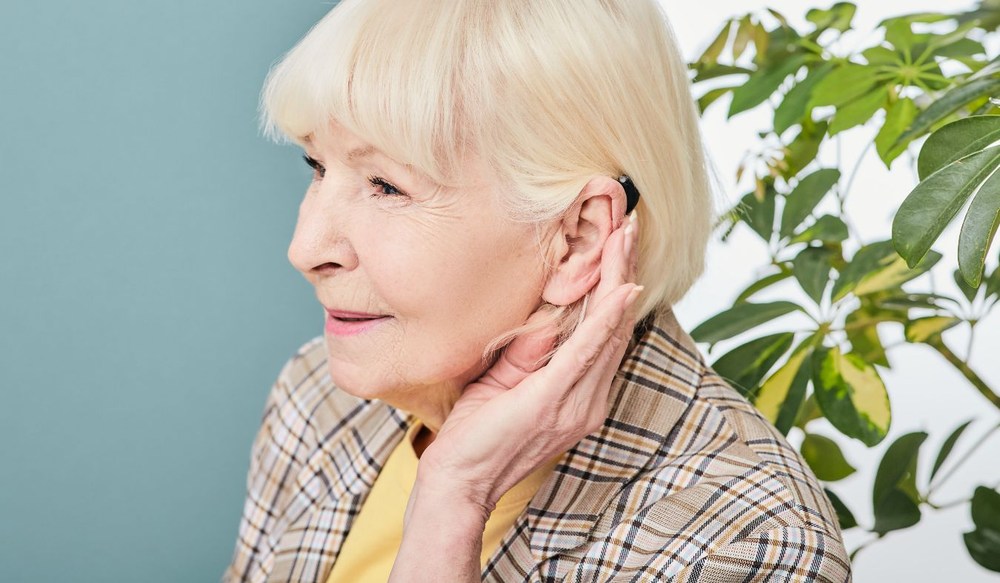The Role of Hearing Aids in Virtual Meetings
Virtual meetings have become a regular part of how we work and stay


Virtual meetings have become a regular part of how we work and stay

A beach vacation sounds relaxing until you start thinking about your

Music is part of most people’s daily routines, whether you listen